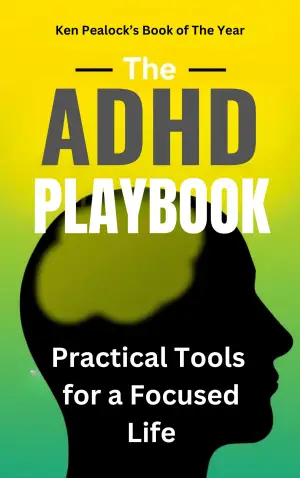Before We Were Yours: A Journey Through Love and Adversity
When I first picked up Before We Were Yours by Lisa Wingate, I was instantly intrigued by the blend of historical and emotional storytelling, especially given the buzz surrounding it. After all, books that capture hearts and inspire conversations often make their way into our reading lists, right? What followed, however, surprised me more than I anticipated.
The novel toggles between two timelines: one rooted deep in the painful realities of the 1930s and another in present-day, where a lawyer named Avery discovers her family’s dark past. This dual narrative invites readers to witness the resilience of love through adversity, emphasizing themes of sacrifice, family bonds, and the struggle against societal injustice. Wingate’s tale is inspired by the horrifying events surrounding the Tennessee Children’s Home Society and reminds us of the potential for human connection amidst relentless trials.
As I delved into the pages, I couldn’t help but reflect on the strength of love. The events these characters weathered made me marvel at what genuine devotion can withstand. The resilience shown by Avery, Rill, and their families raised questions for me: Is this kind of unwavering love truly possible in our busy, distracted modern lives? Glancing down at my own engagement ring, I found myself wishing my partner, Elliot, and I could forge memories as profound as those depicted in the book.
However, as I continued reading, I encountered issues that left me perplexed. Wingate’s writing often veered into the realm of cliché, and I found myself rolling my eyes at dialogue that felt more rehearsed than real. For instance, the character Avery seemed to lack genuine emotional depth in her interactions, making her conflicts feel superficial. I couldn’t help but think of other contemporary writers like Celeste Ng or Jodi Picoult, who navigate emotional landscapes with a deftness that Wingate unfortunately missed.
While I appreciated the effort to highlight important themes like the worth of children’s lives in the past and the subtleties of racism woven into society, I couldn’t shake the feeling that the narrative often overreached. There were moments when I could sense Wingate’s intention to evoke tears, yet the execution fell flat. Instead of a poignant moment, it felt like a calculated attempt at emotion, which inadvertently led to comedic effects rather than heartfelt connections.
One notable quote lingered with me: “Happiness and emotion swell the room, stretching it like a helium balloon. Any more joy and we’ll all float away.” While it attempted to convey profound joy, I found it hovering just above the surface—an experience I often had throughout the book.
In conclusion, Before We Were Yours may resonate with those who cherish tales of familial ties and historical struggles, but I would advise readers to approach it with tempered expectations regarding its emotional depth. It remains a poignant reminder of love’s strength amidst adversity but may leave those craving authenticity and depth wanting more. For me, the journey through love and sacrifice was ultimately overshadowed by inconsistent writing and characters that felt almost one-dimensional. Despite my critiques, it fuelled personal reflections about what love and devotion could look like in my life, prompting me to appreciate the simple moments I share with those I hold dear.
If you appreciate emotional storytelling with a historical twist, perhaps give it a try, but keep in mind the nuances of Wingate’s craftsmanship. Ultimately, it’s a reading experience that invites discussion, reflection, and maybe even a little laughter at life’s expectations, and that’s something worth exploring.












